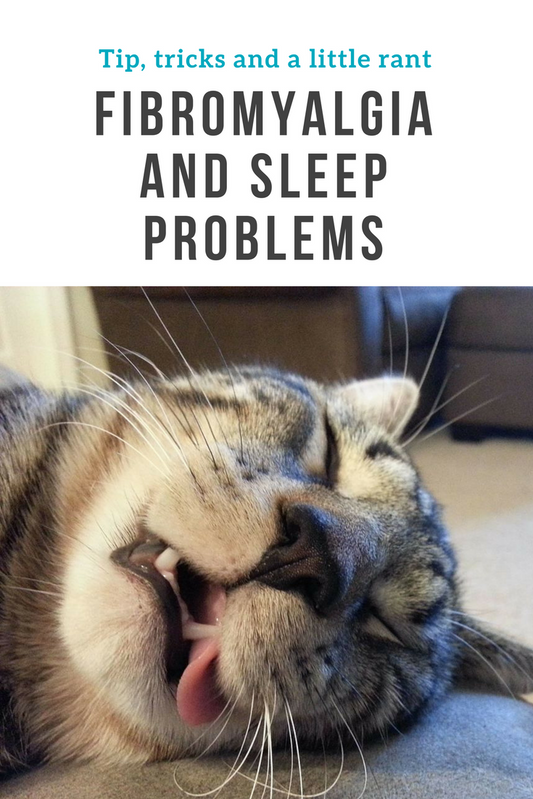The Snoozle slide sheet blog - Tips for sleeping with pain

Fibromyalgia and sleep problems - Tips & tricks
I am one of the millions of people who have Fibromyalgia. I have it in combination with an autoimmune disease called Ankylosing Spondylitis, and sometimes I'm not sure which is...
Fibromyalgia and sleep problems - Tips & tricks
I am one of the millions of people who have Fibromyalgia. I have it in combination with an autoimmune disease called Ankylosing Spondylitis, and sometimes I'm not sure which is...
4 Techniques for Pelvic Girdle Pain (PGP) Relief
If you are suffering from PGP, you might feel a bit like jumping off a cliff and the sooner the better. You have yet to figure out how to sleep...
4 Techniques for Pelvic Girdle Pain (PGP) Relief
If you are suffering from PGP, you might feel a bit like jumping off a cliff and the sooner the better. You have yet to figure out how to sleep...
Do you recognize these 7 symptoms of Pelvic Gir...
Before we get to the symptoms, know this: Your body has to go through some pretty major changes in order to make room for your expected baby. Your bones, joints,...
Do you recognize these 7 symptoms of Pelvic Gir...
Before we get to the symptoms, know this: Your body has to go through some pretty major changes in order to make room for your expected baby. Your bones, joints,...
Tips for coping with SPD during pregnancy
SPD (Symphysis Pubis Dysfunction) is a very common condition that women experience during pregnancy. Also referred to as PGP (Pelvic Girdle Pain), it is a medical condition that causes women...
Tips for coping with SPD during pregnancy
SPD (Symphysis Pubis Dysfunction) is a very common condition that women experience during pregnancy. Also referred to as PGP (Pelvic Girdle Pain), it is a medical condition that causes women...
What is PGP in pregnancy and what can you do ab...
If you're walking like a penguin while pregnant, it's probably not because you're attention seeking but because you suffer from PGP (Pelvic Girdle Pain). The reason for your pain is that...
What is PGP in pregnancy and what can you do ab...
If you're walking like a penguin while pregnant, it's probably not because you're attention seeking but because you suffer from PGP (Pelvic Girdle Pain). The reason for your pain is that...

 GBP £
GBP £